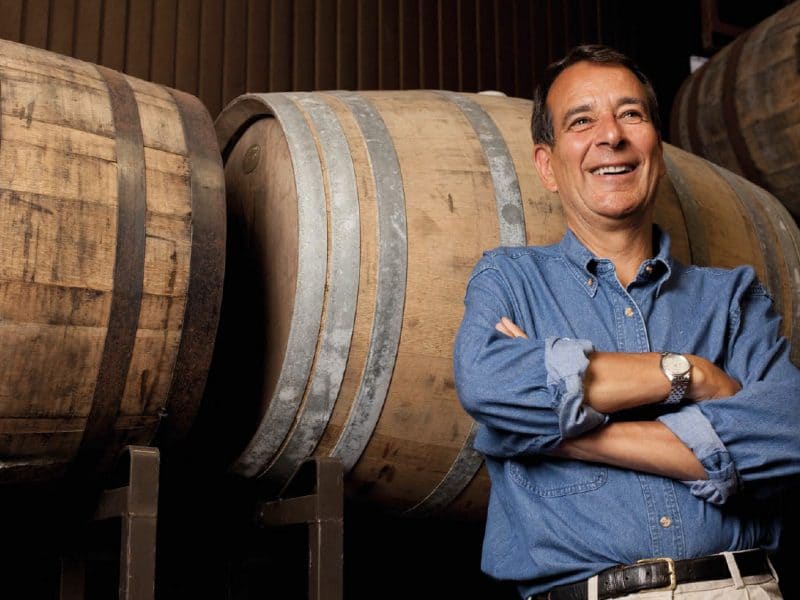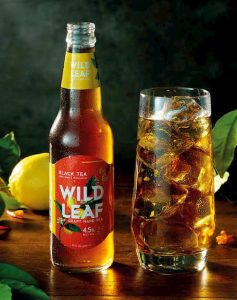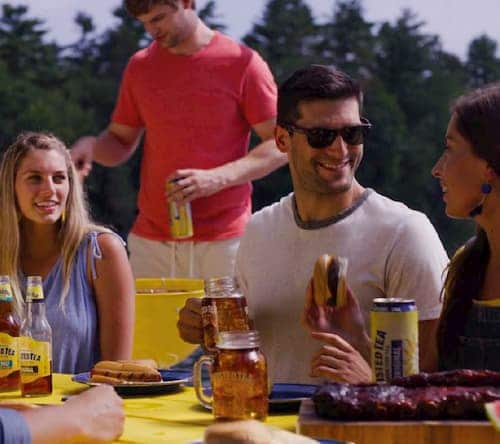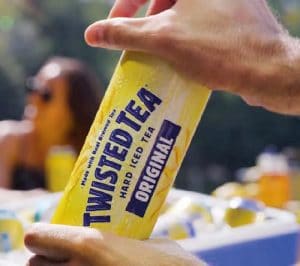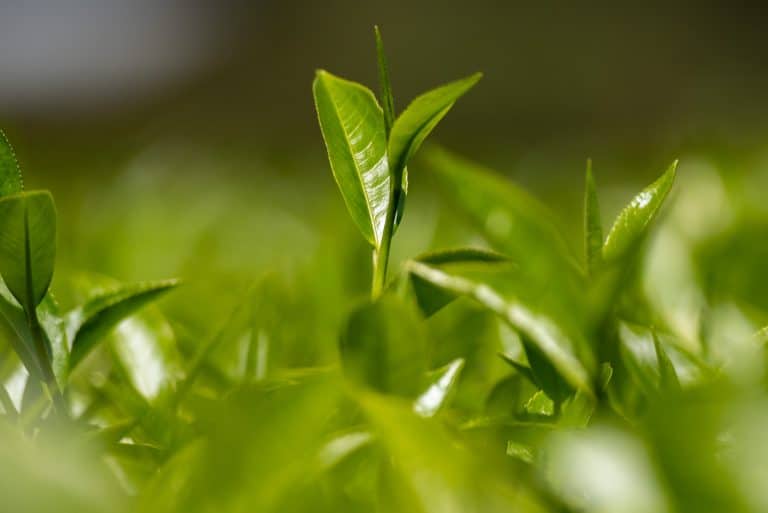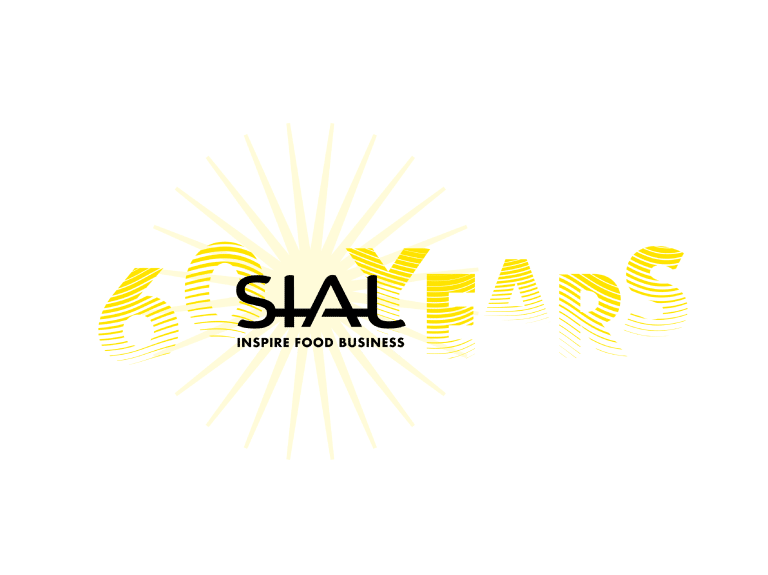Tea has become increasingly important to the craft beer industry, in many surprising ways. We profile Finlays’ relationship with the Boston beer company.
In the first of a series of articles looking at some of Finlays’ customers, we profile the Boston Beer Company. Tea has become increasingly important to this pioneering craft beer business which has introduced a range of innovative new tea-based products, many of which have been developed with the help of Finlays and include tea sourced from the Company’s worldwide farms.
More than a beer brewer
Boston Beer was set up in the 1980s as a craft beer business to give consumers a new drinking experience far removed from that offered by the large multi-national brewers. It is true that Boston’s name may promise all things beer, but this is a misnomer. At the heart of Koch’s company is an insistence on innovation in taste, whatever the beverage, and one of its recent initiatives has involved tea, specifically, hard tea which is iced tea with the addition of alcohol.
Over the last two decades Koch has brought his tea-based beverages to market using raw materials from Finlays. Boston Beer has relied on Finlays not only as a supplier able to source tea varieties from around the world but also as their partner in innovation. The latest project comes to market this year – Wild Leaf Hard Tea, a lower calorie variant of the original hard leaf offering.
“We have had great engagement with Finlays new research centre in Rhode Island,” says Koch. “and were able to host their Board of Directors in our brewery where we had a beer dinner to show off everything we make, including the prototype for Wild Leaf.”
After a few false starts, in 2001 Boston Beer first brought to market Twisted Tea. Today it is a hit and continues to be a growth driver for Boston’s business. Branching out from the original formulation, it is now available in a variety of fruit flavours including Mango, Peach, Blueberry and, intriguingly, Huckleberry, extending its appeal to drinkers. Koch notes that a hard tea drinker is someone who is looking for refreshment and a beverage with fulsome flavour that can be lingered over on a hot summer day. And it’s familiar: Koch estimates that 80% of American households have tea on their shelves.
Boston’s tea, it transpires, originates from Finlays farms in Argentina. Koch notes that to make cold tea you need a less tannic flavour profile and a little smoother taste, characteristics that can’t be created from tea grown in other climates. “Tea is a very complex, multi-layered flavour,” he says. “When you do it right it can be very smooth. You need tea with smooth tannins and polyphenols”.
The development of Wild Leaf Hard Tea, is Boston Beer’s latest enthusiasm for tea. As a lower calorie variant, it is designed to meet the preferences of the more health-conscious and is the latest competitor in the innovation-driven Progressive Adult Beverage sector. Here the story of Boston Beer becomes one of family with Jim’s daughter, Emily, taking a break from her studies at Harvard in the summer of 2018 to work in the brewery’s innovation laboratory. Her interest was that of her peers, who liked the taste and flavours of hard tea but didn’t want the calories in its original formulation. Koch notes with understandable paternal pride, “She’s always had an ability to see things that other people don’t see.” As Koch reports, “Wild Hard leaf Tea came together very quickly with the name, the design – and crucially, the ‘reason for being’, that is to say an understanding of its market – all completed within a few months.” And, as for the tea itself, Boston Beer worked closely with Finlays Research & Development Centre in Providence Rhode Island, to select the blend of teas required for the optimal flavour. A second tea innovation is being launched this year – Boston’s first Kombucha. Branded as Tura Alcoholic Kombucha, this alcoholic beverage will have live probiotics, real fruit and, crucially, promises great taste. It’s being rolled out in limited distribution to select markets beginning in the first quarter of 2019.
Tea as a beer ingredient
Tea is also being increasingly used as an ingredient by Ameri-can craft brewers in a variety of beer styles. Boston Beer is no exception in this regard. “We do experiment with it in beers, we have done Chai-type beers,” says Koch. “We have expertise in its flavour impression and its use so naturally it finds its way into some of our beers.”
As an example, Angel City Brewery in Los Angeles, an offshoot of Boston Beer, has created an Oolong flavoured Saison, a beer style that originated in the French-speaking parts of Belgium, a pale ale first brewed centuries ago to refresh ‘seasonal’ farm workers. Angel City’s Oolang Saison – whose label kindly credits Finlays and the high mountains of Sri Lanka for its tea content – has found favour with beer critics. In 2017 it won a silver medal at the California State Fair.
Koch equates today’s boisterous and innovative American craft brewing culture with that of Silicon Valley in its heyday.
“This is where there’s a culture of innovation and creativity, an infrastructure of drinkers that supports that and 8,000 very creative, adventurous brewers,” says Koch. “I think that craft brewers will discover what we’ve discovered, that tea fits into our tool kit of ingredients. It’s got a many thousand-years old history, it’s got an enormous variation in flavours and it’s got a flavour complexity that rivals hops.”
Koch likes the rich heritage of Finlays, from its origins in 1750 and equates the relationships built up by this family founded business to that which Boston Beer has with its hop merchants. These enterprises date back to the beginning of commercial hop growing and he muses that his great-great grandfather may once have bought his hops from first generation hop merchants. Koch notes. “We’re just at the beginning of our first century with Finlays. I’m confident that this will continue because I’ve been impressed with them – as is my daughter!”
Words: Kamini Dickie
Images: The Boston Beer Company

